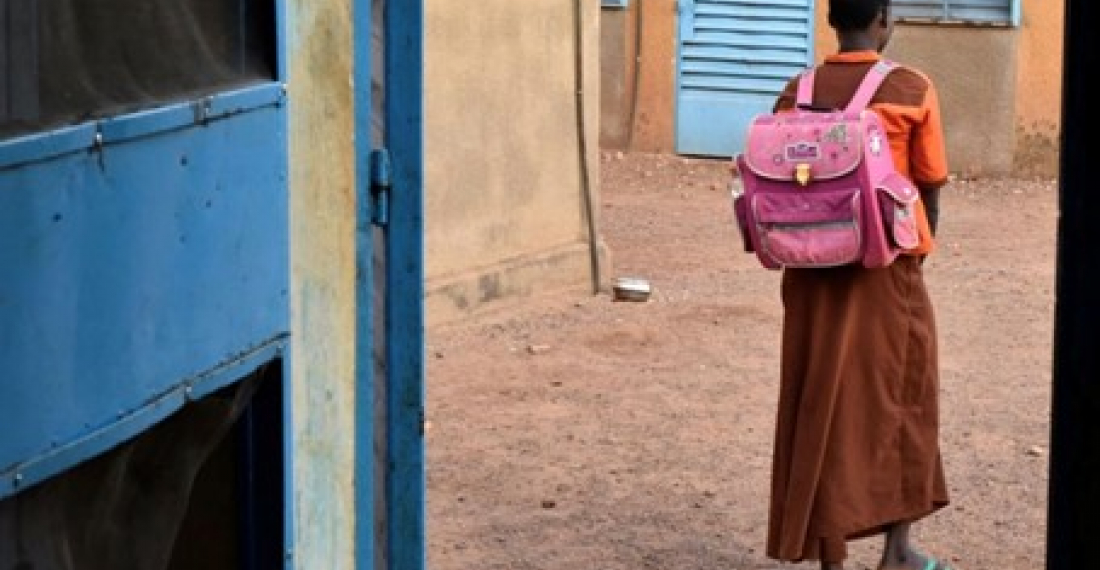The idea of giving in to the weight of tradition by marrying a man she had neither chosen nor met was unthinkable for Marie, Evelyn, or several hundred other courageous girls who preferred to escape from their respective villages to regain their freedom.
When her family imposes a foreign and much older man on her, 20-year-old Marie decides to flee the family home in the night and walk for hours through the Burkinabe bush to reach the town of Kaya, where there is one of the few Nun-run shelters that prioritises the education of girls enstranged from their community.
While forced marriages are illegal in Burkina Faso, they remain common in practice and often involve underage girls. The country has become the epicentre of violence in the Sahel, with 2,354 people killed by terrorists in 2021, surpassing the violence in Mali according to the Armed Conflict Location & Event Data Project.
By seizing large swathes of territory, armed groups affiliated with al-Qaeda and ISIL have succeeded in instilling fear in Burkina Faso, displacing 1.7 million people according to a UN report published in December 2021.
Many families, fearing the arrival of terrorists, flee their native villages and try to marry off their daughters as quickly as possible to reduce the number of mouths to feed. In a country where, according to the World Bank, 40% of the population lives below the poverty line, the welfare of the family trumps the girl's romantic life.
As a result, certain girls, and young women - victims of an unfavourable political context - find the courage to join the Santa Maria Goretti shelter, where more than 100 young women have sought refuge.
Burkina Faso said there were 650 cases of forced marriage and 2200 child marriages between 2019 and 2021. This is likely to be an undercount, as many arrangements are carried out in secret.
One of the nuns of the institution, Sister Veronique Can Sono, deplores the state in which the girls are on arrival at the shelter, often covered in lash marks, and condemns practices that, according to her, honour their customs, but fail to honour human beings.
That is why these educators are dedicated to helping these young women forge their own destinies.







